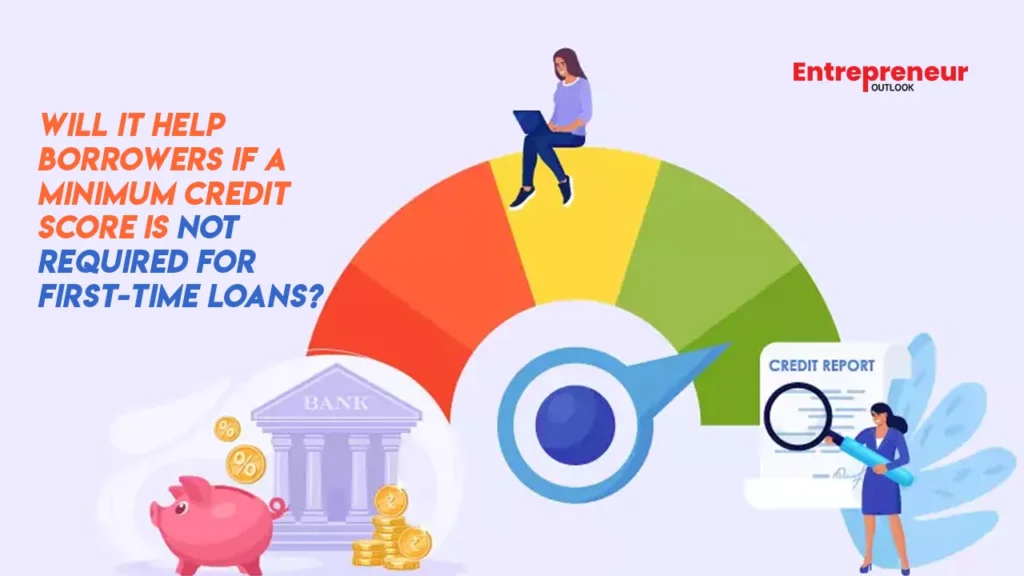Young professionals and students and first-time borrowers face a significant obstacle when considering loans because of their credit score requirements. The credit score system bases its assessment on past borrowing activities and payment performance but what happens to individuals who have never obtained credit before? The absence of credit history prevents numerous qualified borrowers from obtaining loans because they fail to meet the initial approval criteria. This is where the question arises: would removing the minimum credit score requirement for first-time loans help borrowers?
Opening the Door for New Borrowers
The elimination of credit score requirements enables more people to obtain loans. The majority of young workers and residents from rural areas lack established credit history because they have never borrowed money before. People who pay their bills on time and handle their finances properly face difficulties obtaining bank loans because they lack credit history. The elimination of minimum credit score requirements enables new borrowers to establish their financial reputation while building trust with lenders and developing credit history for future use.
Reducing Financial Exclusion
The goal of financial inclusion stands as a top priority throughout numerous nations including India. The strict application of credit score requirements prevents qualified applicants from obtaining loans. People from lower-income groups and rural areas who want to borrow money for the first time cannot get credit because they lack a credit score. The elimination of this requirement enables lenders to evaluate applicants based on their current ability to repay loans instead of their non-existent credit history. The new policy enables additional people to obtain loans for educational expenses and small business ventures and personal requirements.
The elimination of Lenders Faces Several Risks
The lender faces multiple challenges when considering this proposal. The purpose of credit scores is to help organizations evaluate potential risks. The absence of credit scores makes lenders concerned about receiving non-payment from their borrowers. The absence of credit scores can be compensated through alternative evaluation methods which include income verification and bank statement analysis and employment verification. Financial institutions currently use alternative data sources including rent payments and utility bills to determine their customers’ ability to repay loans. The implemented methods enable lenders to minimize their exposure to risk while maintaining loan accessibility for applicants.
Future Credit Development
First-time borrowers who obtain loans without credit scores receive more than financial assistance because they receive their first opportunity to establish credit history. The responsible repayment of a loan enables first-time borrowers to establish their credit history. The ability to obtain loans without minimum credit scores enables people to qualify for bigger financial opportunities including home and vehicle purchases. The elimination of minimum score requirements enables short-term financial assistance while establishing a positive cycle of trust and future opportunities.
A Balanced Way Forward
The proposal seeks to find equilibrium between complete elimination of verification processes and proper assessment methods. The process of alternative assessment for borrowers combined with initial loan approval for new customers creates a win-win situation for both parties involved. The program enables borrowers to receive essential funding while lenders acquire dedicated customers who will remain loyal to their services.
The elimination of minimum credit score requirements for new borrowers leads to increased financial inclusion and empowerment for all applicants. The system enables individuals to demonstrate their creditworthiness while promoting economic development and establishing positive borrowing practices for future generations.
Must Read:



